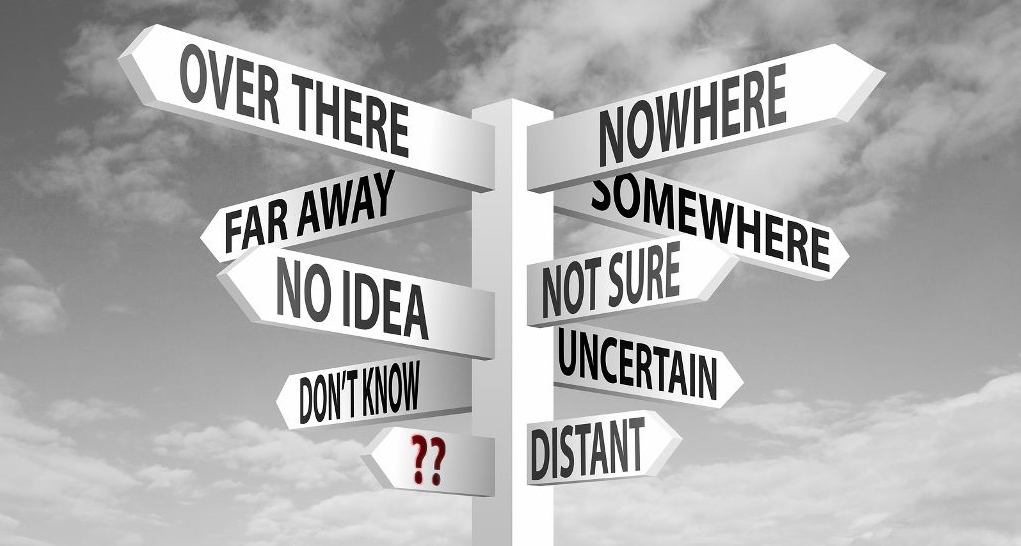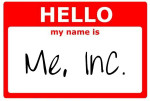My elderly mother recently had to stop driving and sell her car. She didn’t learn to drive until she was over 30, and driving her first car symbolized her identity as an independent, modern woman. Now that symbol was gone. And while there were alternate routes to get around town, she couldn’t accept them. Alternatives could not overcome her sense that a fundamental part of her self-worth was gone.
Your business, like Mom’s car, might define your identity. It gives you power and recognition as well as meaningful goals and the satisfaction of seeing them accomplished. You feel needed: for ideas and input, for leadership and decisions, for rewards and recognition. You have a sense of control, and your time—a day, a quarter, a year—has a purpose, a schedule, a rhythm.
So it’s not surprising to learn that 75% of business owners regret selling their businesses by the time a single year has passed. Some owners feel they sold too early, had not planned well and left money on the table; some regret changes in their business post-sale; and others are lost in transition between Old Life and New Life.
It’s not uncommon to feel you’ve lost your way as you move from a past that provided a clear sense of identity to an undefined future. There isn’t a Boomer business owner I know who hasn’t struggled with the question of post-exit identity.
The truth is, leaving your business no longer allows for that blurry distinction between YOU and your company. An unspoken question looms:
If this sounds familiar, keep reading. This blog post and the next one offer some alternate routes around this very common roadblock to planning your exit strategy.
- The first alternate route asks you to do some reflection on the past.
- The second, in the next blog post, asks you to imagine the future.
I know, I know, reflection and imagination or fantasy aren’t things you give yourself time for when you are running a business. In fact, reflection sounds the opposite of action, and fantasizing sounds like avoiding reality.
Maybe your idea of reflection is that nanosecond when you say, “What the heck just happened!?” The issue is, that question gives us a description of the moment but doesn’t create understanding or learning. When Capt. Chesley Sullenberger landed his plane on the Hudson, he no doubt asked that first question. Then he had to dig much deeper into what he knew that gave him guidance, and also what he didn’t know. He had to plan a strategy without knowing the outcome. That’s what Alternate Route 1 helps you do. Build on what you know to be true about yourself even when you don’t have certainty about the future.
It comes down to this:
- Understanding our feelings about leaving our company is a key to leaving it well.
- If we can’t imagine moving out of the past and into the future, we
- lack the fuel to power decisions that move us forward;
- might miss seeing post-departure options that aren’t readily evident; and
- risk defining our options too narrowly.
If you’re lost in transition and wondering who you will be—if not your company—after you sell your business, reflecting on the power of the past and the power of the future are two activities to fuel you forward to a place of greater clarity. I promise!
Alternate Route 1. Mine the Power of the Past
The power of the past is that it is familiar. You’ve been doing what you know, what you love, with a track record of results. So use that past to fuel your path forward. Re-discover the best of who you are by taking stock of where you have been, what has motivated you, rewarded you, made you proud. Use this familiarity to accelerate forward.
Step 1. Over the next few days, sit down and write your answers to the following questions.
- What have been my shining moments, and what made them so?
- What has given me the greatest satisfaction in my life so far?
- When I look at my calendar for the last quarter, what activities have given me the most gratification?
- What do I wish I had on my calendar that isn’t there (or that I wish I had more of)?
Step 2. Dig into your answers for what they seem to tell you.
- What motivates me and the choices I make/have made? These might be: power & influence, recognition, status/prestige, affiliation, a sense of purpose in life, learning/education, independence, security, competition/winning, achievement, material reward, or service. (See additional examples in “Don’t Retire, Rewire.”)
- What must I bring forward into the next phase of my life? What types of activities, ways of engaging, kinds of people I want to be around, or feelings do I want to experience?
- What might feel familiar (and positive), and what might be an experiment (and intriguing)?
Like a rearview camera or mirror, hindsight can provide a distorted and limited picture. Eventually, you have to face forward. Alternate Route 2 is the subject of my next blog post on how to Rev Up the Power of the Future. It reflects the philosophy that “Life can only be understood backwards; but it must be lived forwards.” (Kierkegaard)
Please share what worked for you in
leaving your company and moving forward.


